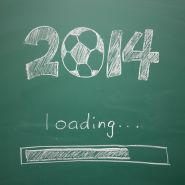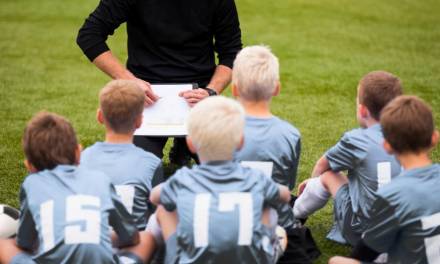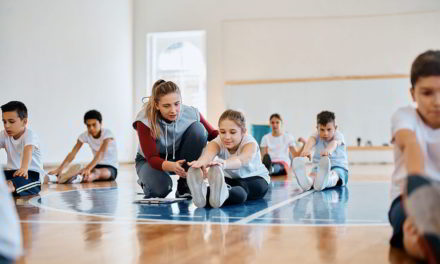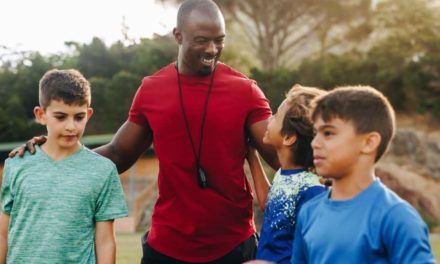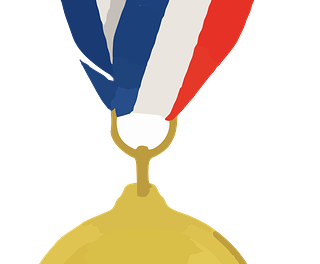In recent months, greater focus has been paid to the role of physical education in the curriculum:
- In February, the BBC reported David Cameron’s announcement that Primary schools are to be funded an extra £150m annually until 2020
- Wales is spending £1.72m on making the lives of children healthier and more active.
- Welsh Minister, Huw Lewis, has implemented the new Physical Literacy Programme for Schools (PLP) which has been created to increase pupils taking part in sport at school and has concluded as wanting children to be “hooked on sports for life.”
- Last year Baroness Tanni-Grey Thompson put forward a review for the National Physical Literacy Framework which has now led to this investment in physical education, she said: “… we should be doing everything we can to provide children and young people with the skills and confidence to enjoy a lifelong relationship with sport”.
Last year’s development of the National Curriculum to give greater attention to competitive sport in schools was supported more recently by research conducted by the BBC in April outlining that 84% of children believed experiencing winning and losing is important.
There has also been a strong shift in the focus of sports in schools emphasising the importance on the general development of children in areas other than fitness, with the development of other skills such as:
- Coordination
- Team work
- Communication
- Developing confidence
- Self-esteem
The progression of cognition in physical activity has proven to be successful, as documented in the field based intervention study, Motivational Climate, Psychological Responses, and Motor Skill Development in Children’s Sport, carried out in 1995. This supported the encouragement of pupil input in training, suggesting that their engagement in creating new exercises and techniques to succeed in the game helped their confidence and made them feel more in control of their own goals and how to achieve them.
The study showed that children who were taught through ‘mastery’ of the sport did better and enjoyed their weeks of training more than those working in the group which focused on ‘performance’ (Theeboom et al., 1995).
This type of activity was supported more recently by Carolyn Meggitt in her ideas to allow adolescents to ‘take an active part in setting rules and boundaries’ (Meggitt, 2006).
Darren Murray, under 18s coach and head of youth development for Coventry FC, talks about ‘guided discovery’ in football in order to allow players to see their own actions through and find the answers to their questions.
As Meggitt explains, part of a child’s development into an adolescent includes strategic development which enables abstract thinking into future possibilities.
This is essential for team sports, especially football, as players need to constantly be thinking ahead, observing the ball and internally conclude the best position to be in for a successful game. This needs to become a natural process.
As Finlo Rohrer from the BBC reported in 2010, football was taught in 98% of schools in England, which suggests that the cohesion of cognitive development as well as increase in fitness makes this sport extremely beneficial to pupils in Physical Education in schools.
In application of a PE lesson, one exercise may include dividing the class into groups of four or six for small football tournaments and intervening in each match, at a given time, to stop the players and question their next move and as to why they think that is a good idea.
The setting of potential scenarios will challenge abstract thought processes, use guided discovery and allow the pupils to learn from one another.
Murray goes on to say “The use of individual strength and conditioning programmes, video analysis of both games and training are a key area of development. Individual specific positioning sessions are of great importance, as well as self-assessment which is important to engage.” These are all techniques that can be applied within schools by teachers who are determined to develop their pupils’ football skills.
By sharing a passion for the sport and getting pupils interested in the game they can share enjoyment which engages at the same time.
Recognition for achievement and development is very important to build confidence and self-esteem which in turn motivates a pupil to try harder and achieve more. This also helps build a strong relationship between teacher and pupil which in turn helps individual progress, which leads to team progress.

